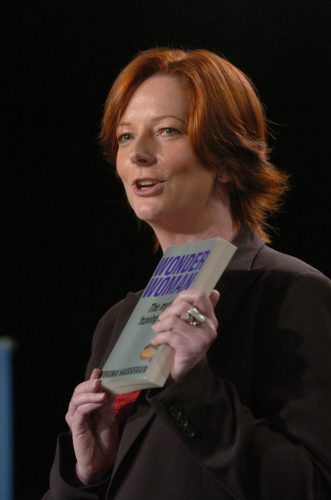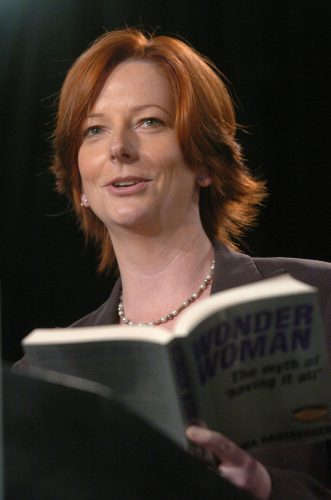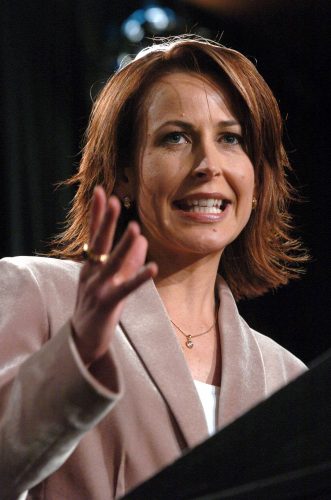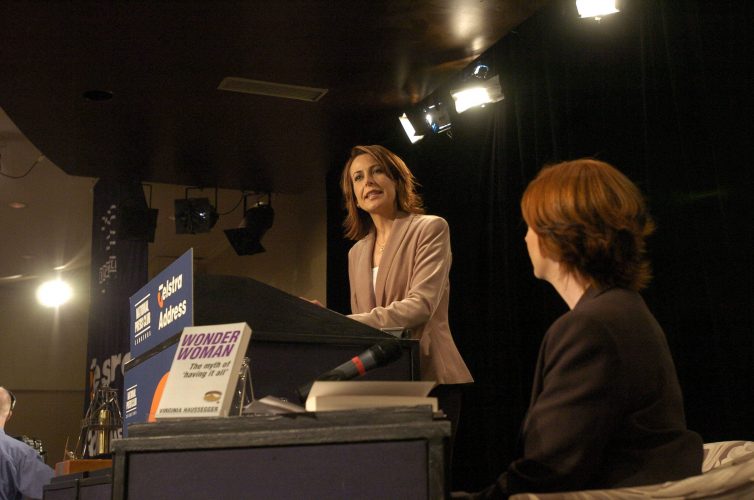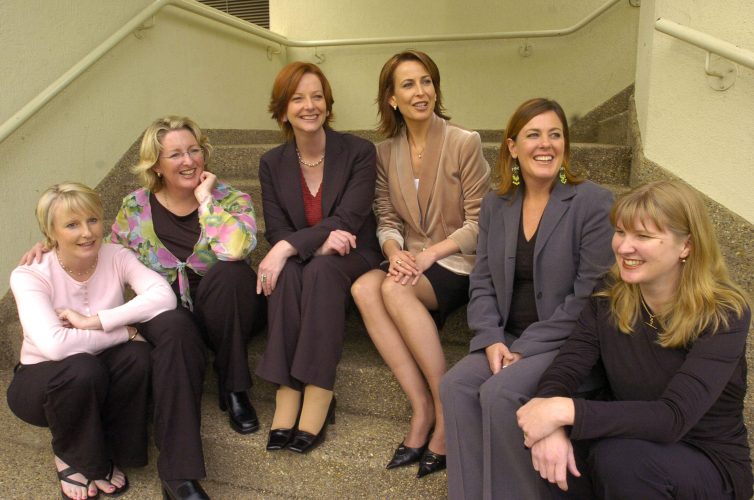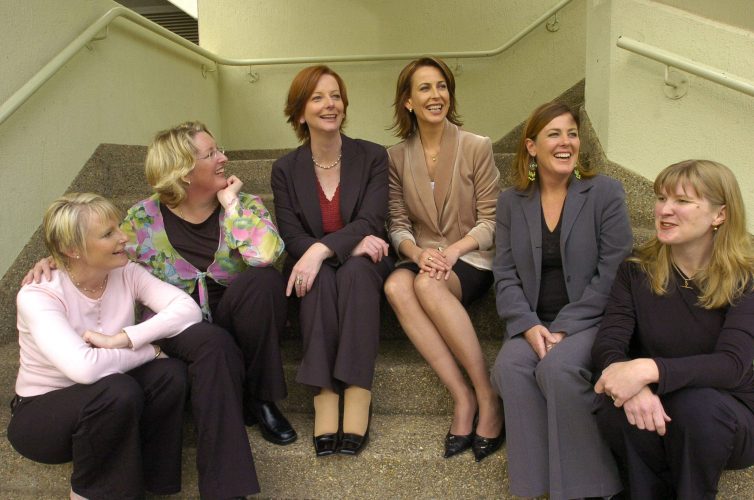A quiet announcement was made this week that slipped under the media radar. But perhaps that was the intention.
The newsmakers seem to want to keep their news low-key – for now. Yet, if you are a woman in your 20s or 30s, worried about the ticking of your biological clock – you’ll want to know about this.
First, the caution.
”We have to be careful we don’t create unfulfilled hope,” the medical director of IVF Australia, Professor Peter Illingworth, says.
And he has good reason to tread carefully.
We only need to witness the crass commercialisation of infertility in the United States – not to mention the multi-million-dollar industry built around it – to see how easily exploited medical breakthroughs in reproductive health can be.
But more of that later. In Australia, medical expertise has created a number of world firsts in IVF technology.
It was inevitable that once improving success rates made IVF commercially viable, medicine would start looking at what next. How far can we go?
The use of frozen sperm and frozen embryos has long been commonplace. But what science hasn’t been able to do – until very recently – is freeze eggs. A woman’s eggs are large cells full of water, and tend to burst or crack when frozen slowly.
To date there are only about 10 babies born in Australia from frozen eggs – all born in the past few years. But that may be about to change dramatically. And the consequences for women who want to delay their fertility – potentially for years – are profound.
Thanks to a media ”fertility frenzy” over the past few years, we now all know that a woman’s fertility begins to decline in her late 20s. By mid-30s the quality of her eggs have disintegrated and the chance of conceiving is down to 15 per cent per cycle. By 40, the chance is less than 5 per cent. Over the age of 40, about half a woman’s eggs are carrying a chromosomal abnormality.
Given all this, and a massive social movement towards delaying motherhood, is it any wonder that the possibility of extracting a woman’s eggs at a healthy young age – say, in her 20s – and putting them ”on ice” until she is ready to settle down and have a baby is causing enormous excitement?
Because of a ban on the use of frozen embryos in Italy, the Italians have been at the forefront of developing the technology for freezing eggs. Given an egg is unfertilised matter, it carries none of the ethical or moral dilemmas associated with an embryo. While Italy was the first to produce a baby from a frozen egg, efforts to replicate that around the world have resulted in fewer than 200 births.
But last year the Japanese made a startling breakthrough. Instead of freezing eggs slowly, they developed a super-fast freezing technique known as vitrification. The technology has now been tested at clinics in Sydney, Adelaide and Queensland. Word has it that six births are pending.
IVF Australia director Professor Michael Chapman says the increased success rate of frozen eggs using vitrification is simply ”massive”. Previously as little as 2 per cent of eggs survived, but now it’s as high as 30 per cent.
So good are the results that IVF Australia announced this week that it would begin clinical trials and, if all went well, it expected to make egg freezing for women a ”commercial possibility” by the end of this year.
Initially the process will be available for women with a medical need to preserve their eggs, such as oncology patients, where chemo or radiotherapy could destroy their ovaries.
Although the new technology is no golden wand, and fertility can never be guaranteed, IVF Australia knows it will be only a very short time before vitrification is demanded by healthy women who choose to put their eggs ”on ice” and their fertility ”in the bank” – purely for social reasons.
An increasing number of Australian women are spending their peak fertile years frantically studying, working and building their careers. Many simply don’t feel ready to have a baby at the time nature deems it best to do so. Either that, or the right man just hasn’t come along. Or finances are too fragile, housing too expensive, or the future just too uncertain. There are a myriad reasons, but the fact remains, the decision to have a baby is increasingly beset with prevarication and postponement. The stakes are high and the emotions are even higher. And where there’s emotion, there’s a marketing opportunity ripe for exploitation.
Not surprisingly, the first to cash in on a woman’s fear of infertility is a fast-talking, self-made multi- millionaire in the United States. Christy Jones opened the world’s first ”egg bank”, Extend Fertility, when she was 34.
Jones says ”the biology of female eggs hasn’t kept pace” with the modern woman’s life. She’s built a marketing machine around the notion that freezing your eggs provides fertility ”insurance”. For somewhere between $12,000 and $15,000 a woman can have her healthy eggs extracted, frozen and stored for years, until she is ready to have a baby. Since opening in 2004, about 200 women have made egg deposits at Extend Fertility, and there have been thousands of inquiries.
But unlike Australia, in the US frozen eggs can be sold on the open market.
Already there’s a plethora of internet sites where good-looking ”college graduates” are commanding several thousand dollars per frozen egg. The ”egg bank” is happy to organise delivery once a deal is cut.
No wonder Australia’s IVF experts are cautioning us to take news of the developments in egg freezing slowly. Illingworth says he doesn’t believe the Australian community will ever allow the kind of commercialisation that’s rampant in the US. Let’s hope he’s right.
